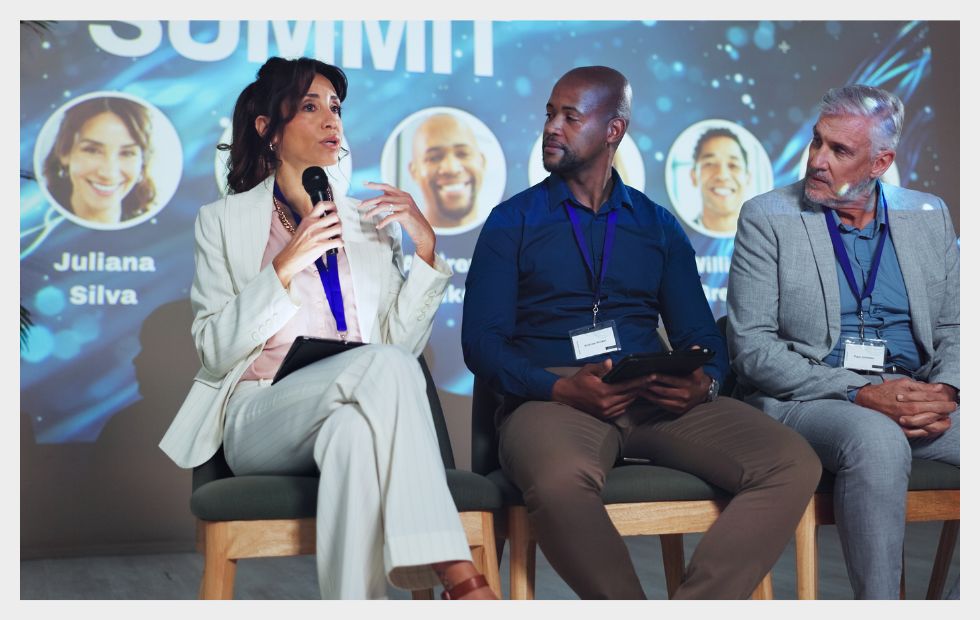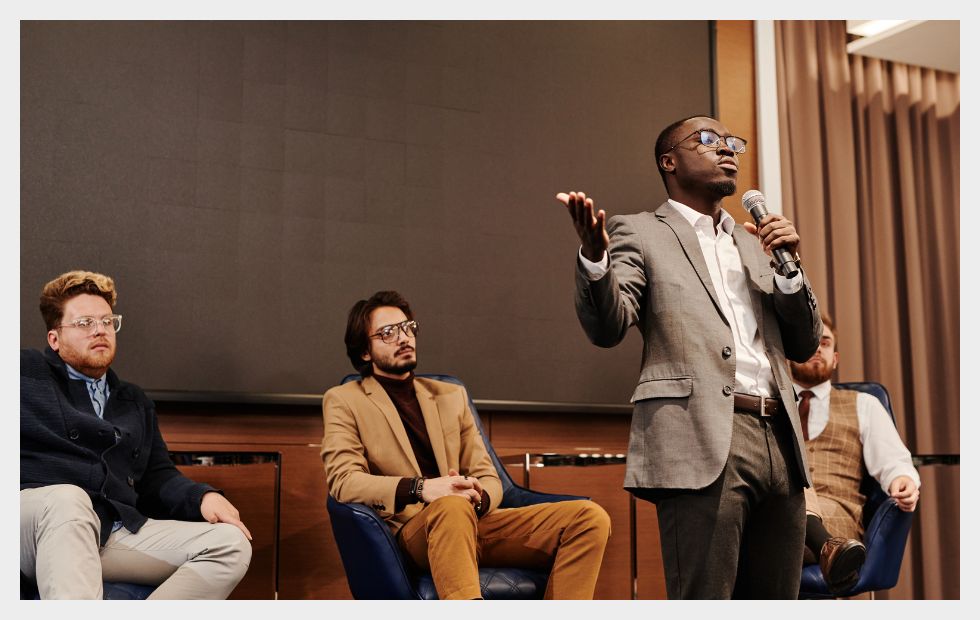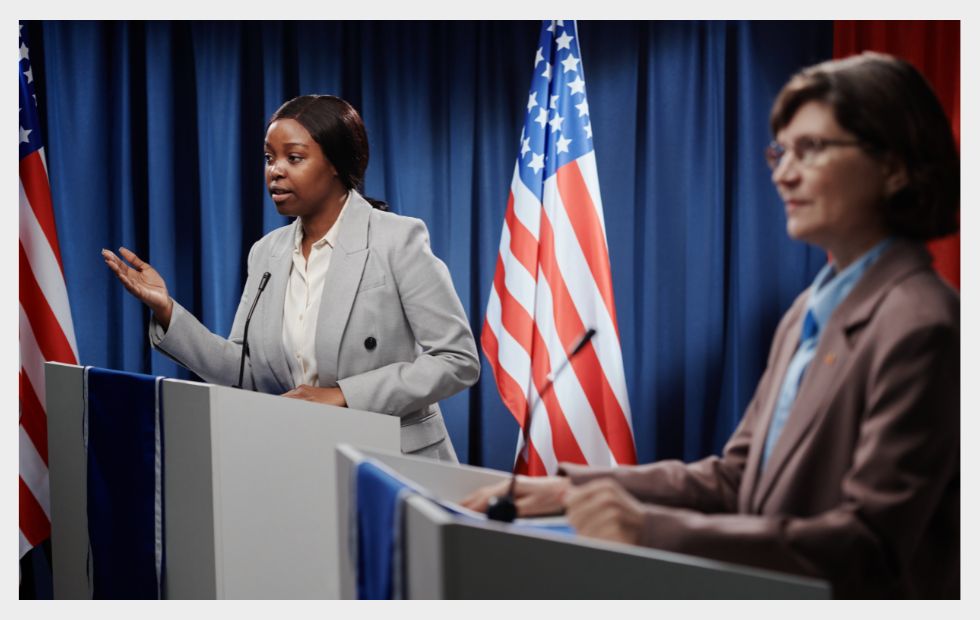Understanding the Babble Hypothesis
While the concept of the babble hypothesis has been around for decades, it was not until the late 2010s and early 2020s that the concept truly gained traction for further study. The babble hypothesis posits that when a group is missing a leader, the person who speaks the most is also the most likely to fill that leadership position. Studies have borne out this conclusion, confirming that in a wide range of situations, the person who utters the most words has the highest chance of gaining power.
Why would people value a leader who speaks a lot with little thought over one who speaks a little but wisely? There are a few likely reasons:

Speaking with confidence can establish authority and leadership.
Confidence
When a person speaks freely for an extended length of time, it is easy to assume that they know what they’re talking about. Otherwise, why would they so confidently be leading the conversation?

Speaking often keeps attention and builds familiarity.
Attention
Humans are proven to view something more favorably the more familiar with it they are; this is called the mere exposure effect. When a person talks a lot, people pay attention to them for a greater length of time, triggering more favorable perceptions through duration and familiarity alone.

Dominating the conversation leaves little room for others to speak.
Crowding
In situations in which there is limited time to communicate, one person speaking at length can crowd out other possible contenders from participating. This can make them the de facto leader.

The last speaker is often the most remembered and influential.
Recency
When deciding on a leader, people are statistically more likely to select the last person they heard from or saw who is vying for that position. This is called the recency bias. By speaking more, a potential leader increases the chances that they are the final one to speak.
Where You Might Find Babble
With babble being so powerful as a determiner of leadership, it seems natural that most people would be aware of when it happens. However, the babble effect goes largely unnoticed, especially in areas in which it has significant impact.
Politics

Speech dominance in politics can shape public perception and leadership.
Perhaps the single most notable example of the babble hypothesis comes in the form of politics. One need not look further than the United States presidential performance for a salient example. While it is true that Joe Biden broke the record for the greatest number of words spoken in a State of the Union address at 9,191 words, Donald Trump has consistently created more utterances than Biden in direct comparison. In fact, Trump ranked higher than Biden in number of words spoken, number of sentences, and utterance duration (how long before the speaker pauses or stops speaking). It may be unsurprising, then, that Donald Trump won the presidency in 2024.
Workplaces

Verbal dominance in the workplace can impact career advancement.
The babble hypothesis is also one of the greatest sources of power in the workplace. When two people are being considered for a promotion with only one available position, the odds are greater that the employee who speaks the most receives that position. Coupled with other factors that may mute a candidate, such as gender, it becomes clear that some level of linguistic brute force is available to secure leadership positions—and the individual’s perspectives or intelligence matter less than you may think.
Combatting the Power of Babble

Encouraging equal participation ensures all voices are heard.
When it comes to choosing a leader, it is more important than ever to be aware of one’s own inherent biases. Surprisingly, these biases can arise from unexpected places, such as familiarity with a person’s face or the number of words they speak. As we strive to create a world that is favorable for all, it’s essential that we make space for the people who speak less. By implementing tools that can even the playing field, such as strict time limits for each speaker or even anonymous surveys, those who do not or cannot leverage babble as a tool of power can influence society and remove some of the effects of the most domineering individuals.


